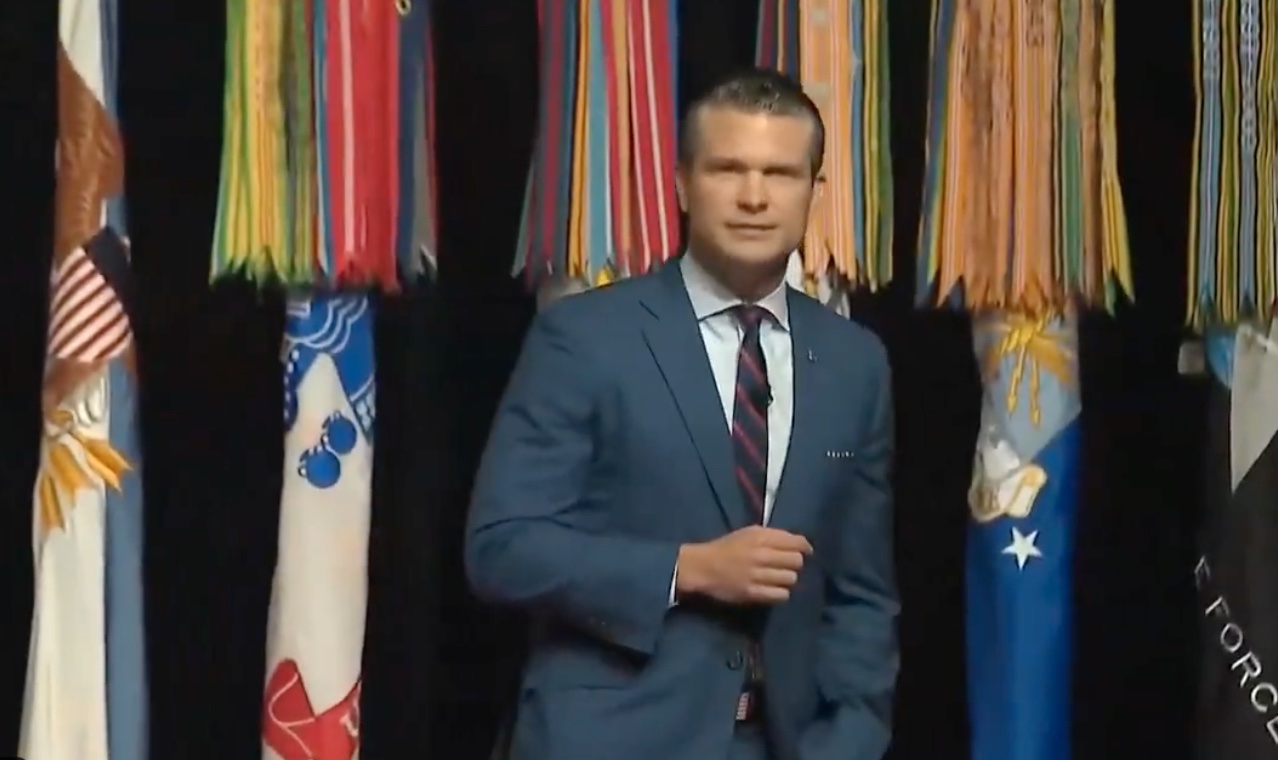Coverage across major outlets like The Washington Post, Politico, Reuters, and AP highlighted the visit as a key diplomatic effort to deepen military ties amid regional uncertainties.Hegseth arrived in Hanoi from Kuala Lumpur, Malaysia, where he had participated in the Association of Southeast Asian Nations (ASEAN) Defense Ministers’ Meeting on Nov. 1. His Vietnam itinerary aligns with the 30th anniversary of normalized diplomatic relations between the US and Vietnam, which was established in 1995, and the second anniversary of their upgrade to a “Comprehensive Strategic Partnership” in 2023, the highest level in Vietnam’s diplomatic hierarchy.
Hegseth stressed that addressing the Vietnam War’s aftermath, which concluded 50 years ago in April 1975, forms the “foundation” of bilateral defense cooperation. The United States is undertaking efforts to remediate dioxin contamination at former US bases like Da Nang and Bien Hoa, and is also still attempting to locate and recover missing-in-action personnel remains.
Hegseth met with Vietnamese Defense Minister Phan Van Giang, exchanging wartime artifacts such as a leather box, belt, and knife — items once taken by US forces and now returned as symbols of reconciliation. He also shook hands with Vietnam’s General Secretary Tô Lâm.
Hegseth advocated for expanded ties, noting recent US deliveries of three coast guard cutters and three T-6 trainer aircraft (part of a 12-plane order). He emphasized that “deeper cooperation will benefit both countries” and affirmed US support for a “strong and independent Vietnam.” Discussions reportedly advanced on potential US arms sales, including transport planes and helicopters, though these talks have dragged on due to Vietnam’s cautious approach.
Hanoi is deepening defense links with the US, but on its own terms, wary of antagonizing China over South China Sea disputes it has with the US and Taiwan, or Russia, which has been an arms supplier for generations. Prime Minister Giang described the visit as evidence of Vietnam’s “deliberate” but controlled engagement with Washington. This reflects Vietnam’s “bamboo diplomacy” — a flexible balancing that is conscious of the US-China tensions.
